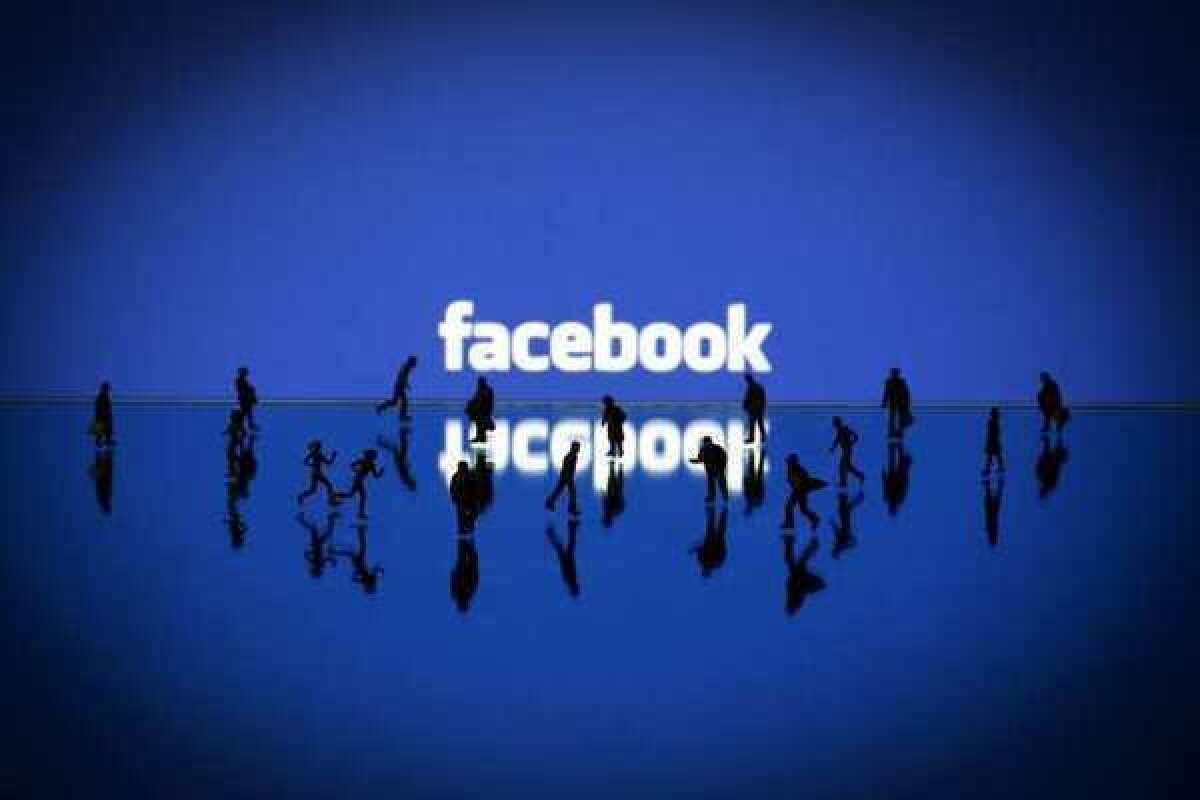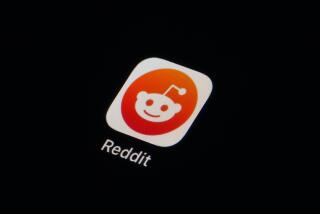Facebook close to becoming a $100-billion company

Facebook Inc. is on the verge of becoming a $100-billion company.
The social-media goliath is expected later today to price its historic initial public stock offering at $38, which would make Facebook the second-largest IPO in U.S. history.
The offering would raise $16 billion initially, and ultimately up to $18.4 billion as the Wall Street investment banks handling the deal distribute additional âover-allotmentâ shares, as is common in sought-after IPOs.
Facebookâs debut has dominated Silicon Valley and Wall Street in recent weeks, as the company and the financial markets geared up for the most anticipated IPO since Google Inc. in 2004.
The frenzy has been all more intense given that Facebook was launched only eight years ago in Mark Zuckerbergâs college dorm room. The company earned $1 billion last year, up 65% from the prior year. Revenue climbed 88% to $3.7 billion and is projected to rise 65% to $6.1 billion this year, according to research firm EMarketer Inc.
âThereâs never been a company thatâs gone from inception to IPO with this kind of valuation,â said Francis Gaskins, editor of IPOdesktop.com in Marina del Rey. âItâs a rocket ship thatâs taken off.â
But even as the excitement has built, so has fear that individual investors rushing into the stock could be setting themselves up for a fall.
Facebook announced Wednesday that Goldman Sachs Group Inc. and other prominent insiders have significantly raised the number of shares theyâre unloading in the IPO, a sign that the professional investors in the best position to handicap Facebookâs investment merits are taking the opportunity to lighten their holdings. Their selling pushed up the size of the IPO 25%.
RELATED:
Facebook IPO: Buy early or wait and see?
Dive into Facebookâs IPO? I donât think so [Video]
Senators want to stop Facebook co-founder from dodging taxes
More to Read
Inside the business of entertainment
The Wide Shot brings you news, analysis and insights on everything from streaming wars to production â and what it all means for the future.
You may occasionally receive promotional content from the Los Angeles Times.










